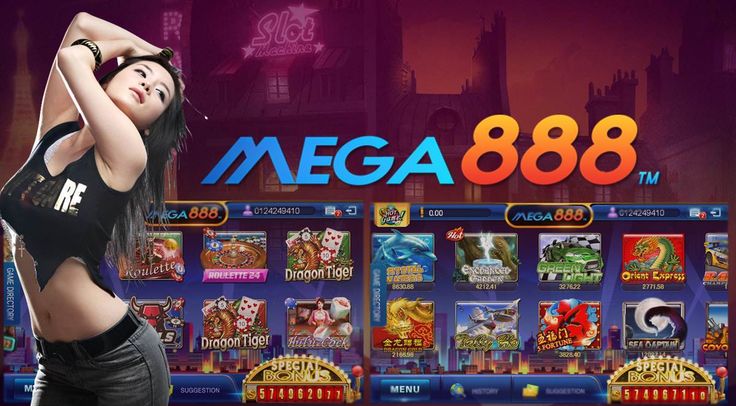Ụwa nke casinos ejiriwo ogologo oge weghaara echiche nke ndị njem, ndị nrọ, and those drawn to the allure of chance and fortune. These establishments are more than just places for gambling; they are centers of entertainment, architecture, social gatherings, na ọrụ akụ na ụba. This article delves into the multifaceted world of mega888 download na-enyocha akụkọ ihe mere eme ha, Mmetụta ọdịnala, and modern innovations.
Akụkọ ihe mere eme nke cha cha
Echiche nke ịgba chaa chaa malitere azụ ọtụtụ puku afọ, with evidence of betting games found in ancient civilizations like Mesopotamia, Egypt, na China. Ụlọ cha cha nke oge a, Otú ọ dị, has its roots in 17th-century Italy. Usoro ahụ “cha cha” itself comes from the Italian word meaning “small house” and originally referred to private clubs for social activities, including gambling.
The first recognized casino, ndị belatara, e hiwere na Venice na 1638. It was designed to provide controlled gambling during the carnival season. N'ime narị afọ, casinos evolved, spreading across Europe and eventually to the United States, where cities like Las Vegas and Atlantic City became synonymous with gambling and entertainment.
The Glitz and Glamour
Casinos are often associated with opulence and luxury. Iconic establishments like Monte Carlo Casino in Monaco and the Bellagio in Las Vegas epitomize grandeur with their stunning architecture, lavish interiors, and world-class amenities. Beyond gambling, these venues offer fine dining, Ntụrụ ntụrụndụ na-ebi ndụ, na ebe obibi okomoko, attracting tourists and high-rollers alike.
The allure of casinos is further amplified by popular culture. Films like cha cha (1995) na Oke osimiri iri na otu (2001) have immortalized the mystique and high-stakes drama of these establishments, making them a symbol of excitement and risk.
Mmetụta akụ na ụba na mmekọrịta ọha na eze
Casinos are significant contributors to local and national economies. Ha na-emepụta ọrụ, kwalite njem nlegharị anya, and generate tax revenue. N'obodo dị ka Macau, a na-akpọkarị ndị “Ịgba chaa chaa isi obodo,” casinos account for a substantial portion of the GDP.
Otú ọ dị, the social impact of casinos is a double-edged sword. While they provide entertainment and economic benefits, they can also lead to problems like gambling addiction and financial distress. Many governments and organizations work to mitigate these issues through responsible gambling initiatives and support programs.
Modern Innovations
The casino industry has embraced technology to stay relevant in the digital age. Ụlọ ịgba chaa chaa n'ịntanetị aghọwowanye ewu ewu, offering the thrill of gambling from the comfort of home. Eziokwu mebere (VR) na augmented eziokwu (AR) are also making their way into the industry, providing immersive gaming experiences.
Na mgbakwunye, many casinos are adopting sustainable practices to reduce their environmental footprint. From energy-efficient designs to waste management programs, the modern casino is evolving to meet the demands of a more conscious world.
Ọdịnihu nke cha cha
As technology continues to advance and societal attitudes toward gambling shift, the future of casinos looks both challenging and exciting. The integration of artificial intelligence (AI) for personalized gaming experiences, blockchain for secure transactions, and even eSports betting are just a few trends shaping the industry.
Despite these innovations, the essence of the casino remains unchanged: a place where dreams can be made or shattered with the roll of a dice or the turn of a card. It is this enduring allure that ensures casinos will remain a vibrant part of our culture for years to come.
Mmechi
Casinos are more than just gaming venues; they are cultural icons, economic powerhouses, and technological pioneers. Whether you’re drawn by the chance to win big, the luxurious atmosphere, or the rich history, the world of casinos offers something for everyone. Ka ha na-aga n'ihu na-etolite, Otu ihe doro anya: the excitement and intrigue of the casino experience are here to stay.

